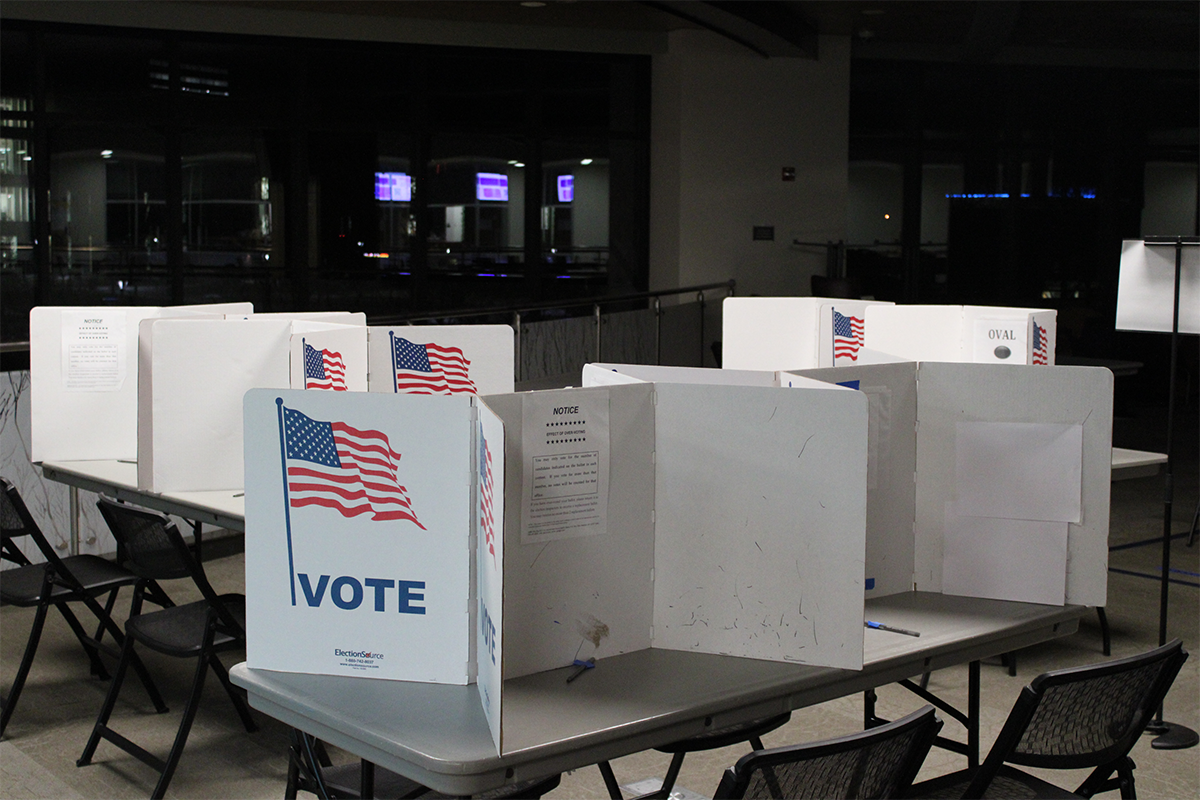Associate professor of political science Ali Abootalebi challenges the stereotype that the Middle East is comprised solely of individuals who dislike Americans.
“The people, in general, like the American people,” Abootalebi said. “They go a long way to make a distinction between the American people and the American government.”
Abootalebi researched and lectured this summer in Iran on various topics, including Islam and democracy, the possibility for a democratic government in Iran and U.S. foreign policy in the Middle East.
While researching in Iran, Abootalebi said he discovered that Middle Eastern individuals, despite liking the American people, are unhappy with U.S. foreign policy in their region.
“(They) see U.S. policy in the Middle East as hypocritical,” he said. “They also see it in support of dictators where it is convenient and using human rights violations and democracy as excuses to intervene in other countries’ affairs.”
Abootalebi, who was born in Iran, said that people in the Middle East, despite their dislike for U.S. foreign policy, have an interest in the ideals of democracy, except for the separation of church and state.
“(They) like American values of democracy and freedom,” Abootalebi said, “but not secularism.”
Tarique Niazi, a sociology lecturer and a former resident of Pakistan, also sees the importance of challenging the stereotypes of the Middle East.
“Just ask average Americans what comes to their minds when they read about or watch the Middle East,” he said. “The standard answer you will get is ‘terrorism’ or ‘oil.’ These unglittering generalities about one of the most important parts of the world make it highly unlikely for us to make informed decisions.”
Niazi said students on the Eau Claire campus are much more aware than the average Americans of the realities of the way of life in the Middle East.
“(Students) are receptive to unconventional explanations of the toughest problems, such as the ongoing war on terrorism,” he said. “The need is, however, to help them integrate their information and knowledge into their understanding of the world.”






